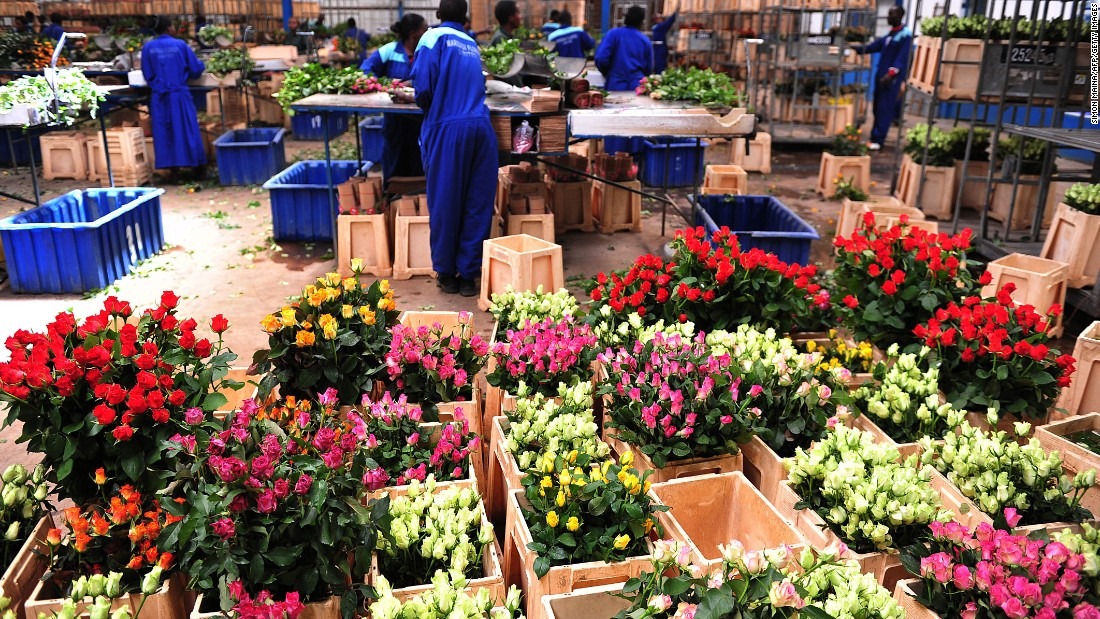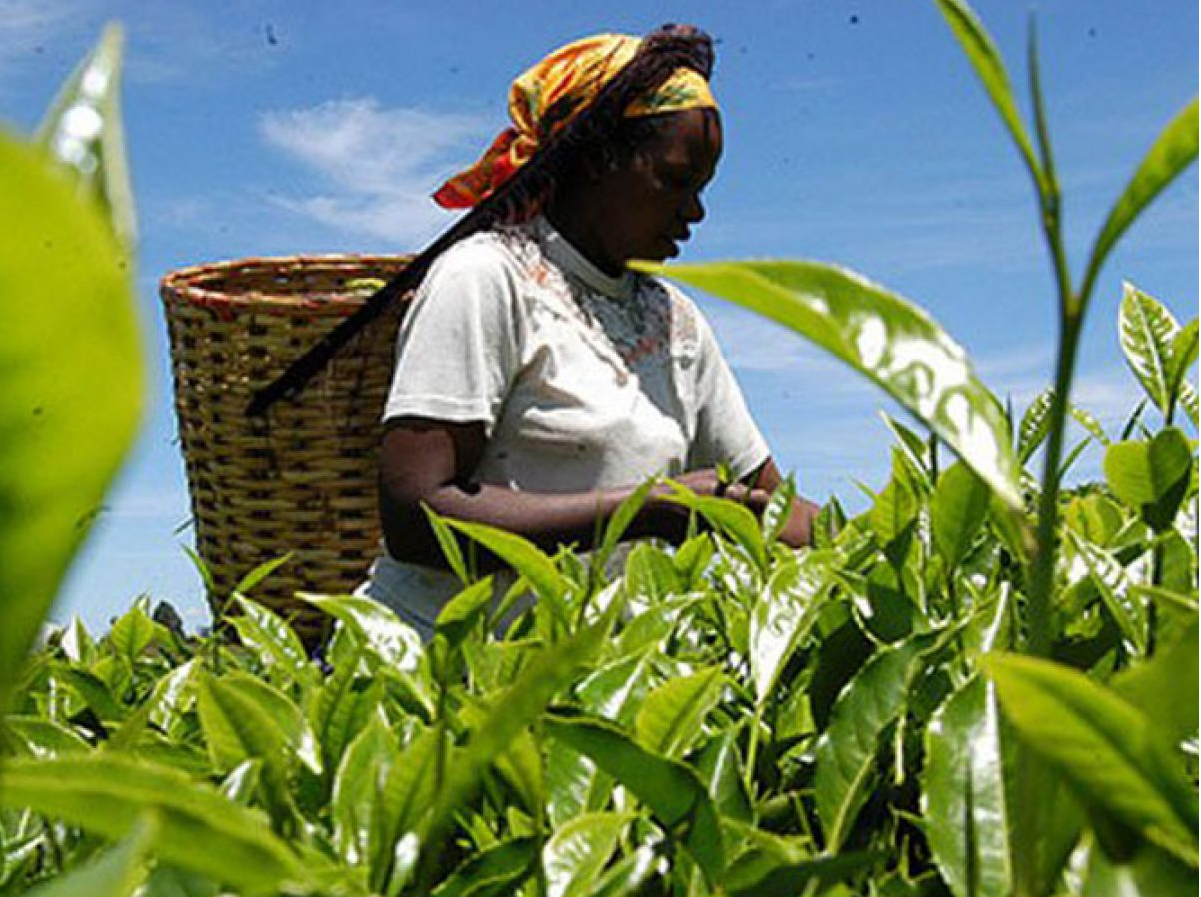Many people use flowers to express their feelings such as love, remorse or celebration of certain achievements and even grief. However, despite Kenya being the fourth largest exporter’s of flowers world wide, the domestic consumption of the product is wanting.
The flower industry in Kenya is big and booming. As a matter of fact, it is the second largest export commodity after tea.
Last year, it recorded a revenue of Ksh 153 billion an increase of 33% from Ksh 117 billion in 2017.
According to the Kenya Flower of Council Chief Executive Clement Tulezi, local consumption of flowers is at the rate of less than 0.5%.
“It requires a mind shift on the place of flowers in expressing emotions, such as love, appreciation and others. We make the entire world smile, yet we ignore the same. Maybe, based on a background of lack, many still consider flowers a luxury,” said Mr Tulezi.
READ: Where there’s BAT Kenya smoke, there’s Sh3.5 billion shareholders payout fire
It is a rare sight to see a Kenyan man carrying a bouquet of flowers apart from the month of love, February.
In spite of that, local florists are reporting a gradually changing culture of flower consumption among the middle class in the domestic market.
For instance, they reported more orders and deliveries on Valentine’s Day this year than in the past years.
“February is our peak time of selling flowers as everyone associates Valentine with flowers. There has been a notable difference this year than previously and people have started appreciating flowers like never before,” said Simon Muiruri of Simona Flowers in Nairobi.
SEE ALSO: NTV anchor Dennis Okari ties the knot
The changing trend of flower usage has been associated with many celebrations that did not bare much weight before.
Aside from the traditional celebrations such as weddings, graduations, funerals and Valentine’s Day, other occasions that have called for flower consumption are baby showers, hen nights, political campaigns, Easters and office decorations, among others.
Apologies, birthdays and thank you notes are also accompanied by a bouquet of flowers.
“Approximately, 25% of customers who come to buy flowers during Valentine’s will come back to purchase flowers for birthdays,” said Mr Muiruri.
SEE ALSO: Constitution, technology give Kenyans voice to speak truth to power
He further adds that people don’t wait till February to buy flowers as they do many deliveries every other day in the calendar.
“In Nairobi, we have been receiving more orders from Kileleshwa, Buru Buru, and work places in the CBD. We get everyday orders from Lavington, Westlands and Runda,” he said.
Mombasa has been ranked second after Nairobi in flower consumption, followed by Kisumu and Nakuru.
More over, many flower shops are opening up in various regions of the country such as Garissa, Isiolo among others indicating growth in the local flower sector.
READ: Strathmore to host e-commerce conference in March
Interestingly, Kenyans are upgrading from the normal rose flowers to other types of flowers such as lilies, and baby’s-breath to complement the traditional kind.
Nonetheless, more awareness on other types of flowers is needed so as to appreciate the wide diversity of blossoms.
“There is a positive change in the local flower industry, and we call upon the government to also help us in creating a local flower market and have days where flower is celebrated such as Kenya flower day,” explained Mr Muiruri.
The experienced florist further said that flowers create job employment and inspire entrepreneurship among the youths.
SEE ALSO: Semenya set to prove her gender in court
“For instance I take about three or four youths, teach and train them on flower handling, delivery, and marketing and after a certain period of time they go to start their own businesses,” he said.
Sadly, even though the flower industry is booming as the years go by, the government has not put in place a floral training programme or school that can certify local florists and floral designers, among others.
READ: 5 Professions that don’t give love a chance
The industry employs over 150,000 people directly and about 600,00 indirectly thus supporting 3.5 million lives at households levels.
But, it has been reported that flower farm workers in the country earn approximately Sh10,000 a month in this harsh economic times that can barely sustain their families basic needs.
It is, therefore, crystal clear that domestic flower consumption, promotion and visibility needs to become a national conversation on how we can support our won industries.












6 Comments